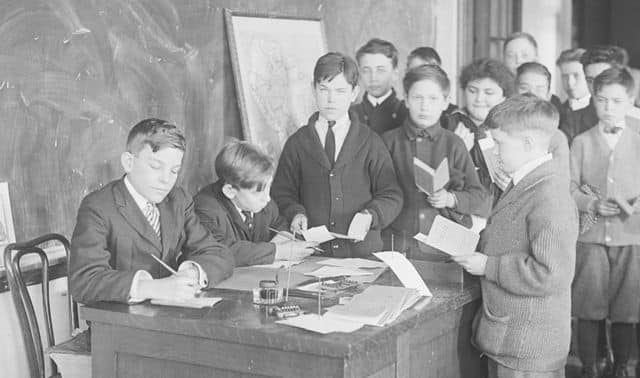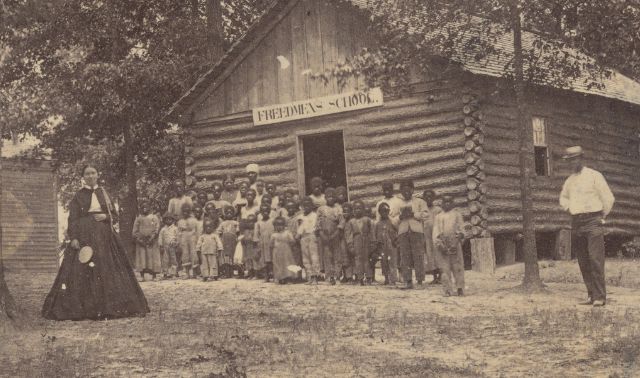A. The Eugenics Record Office (ERO) at Cold Spring Harbor, NY, was founded in 1910 by Charles Benedict Davenport and was later supported by the Carnegie Institution. Before funding ended in 1939 and the office closed in 1944, the ERO collected information to study hereditary traits. Workers organized, tabulated and filed the Record of Family Traits forms, enabling the ERO to document and publish details on thousands of physical and behavioral characteristics.
Eugenics — essentially, the science of improving society’s genetic stock — had a considerable following in the United States prior to World War II. The ERO encouraged its application in many areas of American society, including laws that allowed the forced sterilization of certain criminals and persons deemed to be “feebleminded.” Early advocates of eugenics favored selective breeding to achieve such goals as improved intelligence, greater physical prowess, elimination of diseases and reduction in human suffering. A minority of advocates has even used eugenics as justification for government-sponsored medical experimentation, forced sterilization and the extermination of “undesirable” elements of the population — in other words, genocide. The Nazis used eugenics in justifying the slaughter of millions of Jews in the Holocaust.
When the ERO closed, its records were transferred to an institute at the University of Minnesota. In 1990 and 1991, the Genealogical Society of Utah filmed three of the six parts of the Indexes to the Files of the Eugenics Record Office, ca. 1900-1940, on 247 reels of microfilm, now held by the Family History Library in Salt Lake City <www.familysearch.org>. Although the index films don’t circulate to Family History Centers and the actual records are unavailable, you can request copies of the index at the FHL’s US Reference desk. The American Philosophical Society Library <www.amphilsoc.org/library/mole/e/ero.htm> has the ERO’s nongenealogical material.
To learn more about the history of eugenics and see examples of Cold Spring Harbor records, visit <www.eugenicsarchive.org/eugenics/list3.pl>.
From the September 2008 Family Tree Magazine



